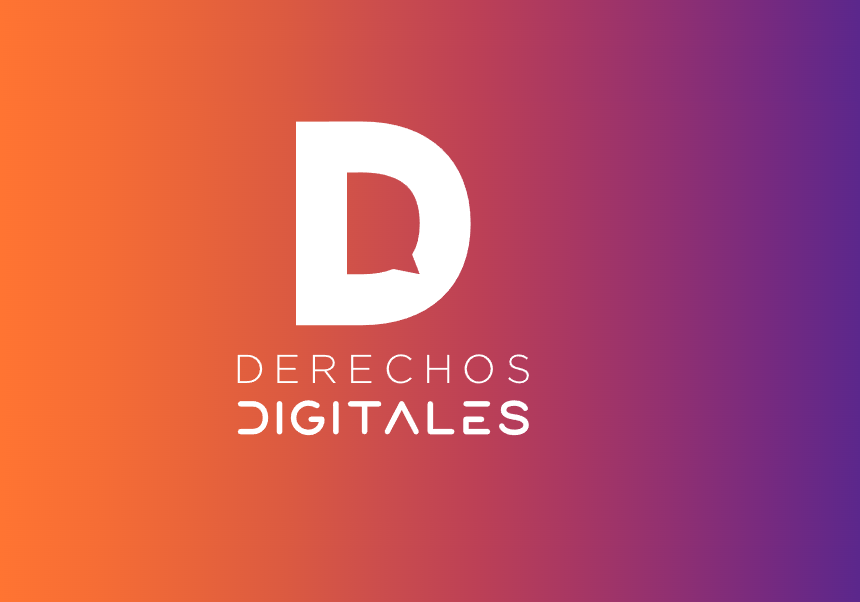
The project to implement the ‘Digital Bill of Rights in the specific field 6 - Rights in new digital environments’ will determine the current legal status of artificial intelligence (AI), neuro-rights and the metaverse over the next 2 years. It will also bring together groups of experts, implement training programmes, conduct a comprehensive ethical and legal impact study, and propose a series of White Papers for the responsible development of each of these technologies, among other measures, to guarantee citizens' rights in the digital environment.
The Carlos III University of Madrid coordinates the initiative at the field 6, with the participation of the University of Valencia, the University of Alicante, the Autonomous University of Madrid, the Pompeu Fabra University, the University of Santiago de Compostela, the Observatory on the Social and Ethical Impact of AI, the General Council of Spanish Lawyers, the COTEC Foundation, the Carlos III Institute of Health and the Bar Association of Valencia.
Two relevant research groups are participating from the University of Valencia, the Privacy and Security section of the LISITT research group of the Institute on Robotics and Information and Communication Technologies (IRTIC), led by Ricard Martínez, and the CLRFOGUIT research group of the Department of Constitutional Law, Political and Administrative Sciences, led by Lorenzo Cotino.
Due to rapidly evolving technological capabilities, AI, neurotechnology and the metaverse are generating disruptive transformations and their trajectory is uncertain. In this regard, issues such as privacy, data protection and bias, and algorithmic discrimination have given rise to a number of challenges and concerns related to the rights of individuals linked to the digital environment and have begun to be debated in various contexts.
In order to have a complete overview of these issues, the initiative will map the state of the art related to AI, neurotechnology and the metaverse, in addition to studying their legal situation in Spain and the European Union. To this end, it will seek input from experts and stakeholders in the area of law and ethics in the development and exploitation of these technologies, promote debate on legislative and non-legislative proposals to develop a Digital Bill of Rights and set up an interdisciplinary working group to conduct a study of the ethical and legal impact of new technologies, identifying possible risks and areas of concern. This network will be made up of professional experts from various fields, such as computing, sociology, psychology, law and ethics, among others.
This project is part of the new Digital Spain Strategy 2026, which aims to promote the implementation of the Digital Bill of Rights and the creation of a Digital Rights Observation Space, and is funded by Red.es, an entity attached to the Ministry of Economic Affairs and Digital Transformation, through the Spanish Government's Recovery, Transformation and Resilience Plan.

Funded by the European Union - NextGenerationEU. Views and opinions expressed are solely those of the author(s) only and do not necessarily reflect those of the European Union or the European Commission. Neither the European Union nor the European Commission can be held responsible for them.











